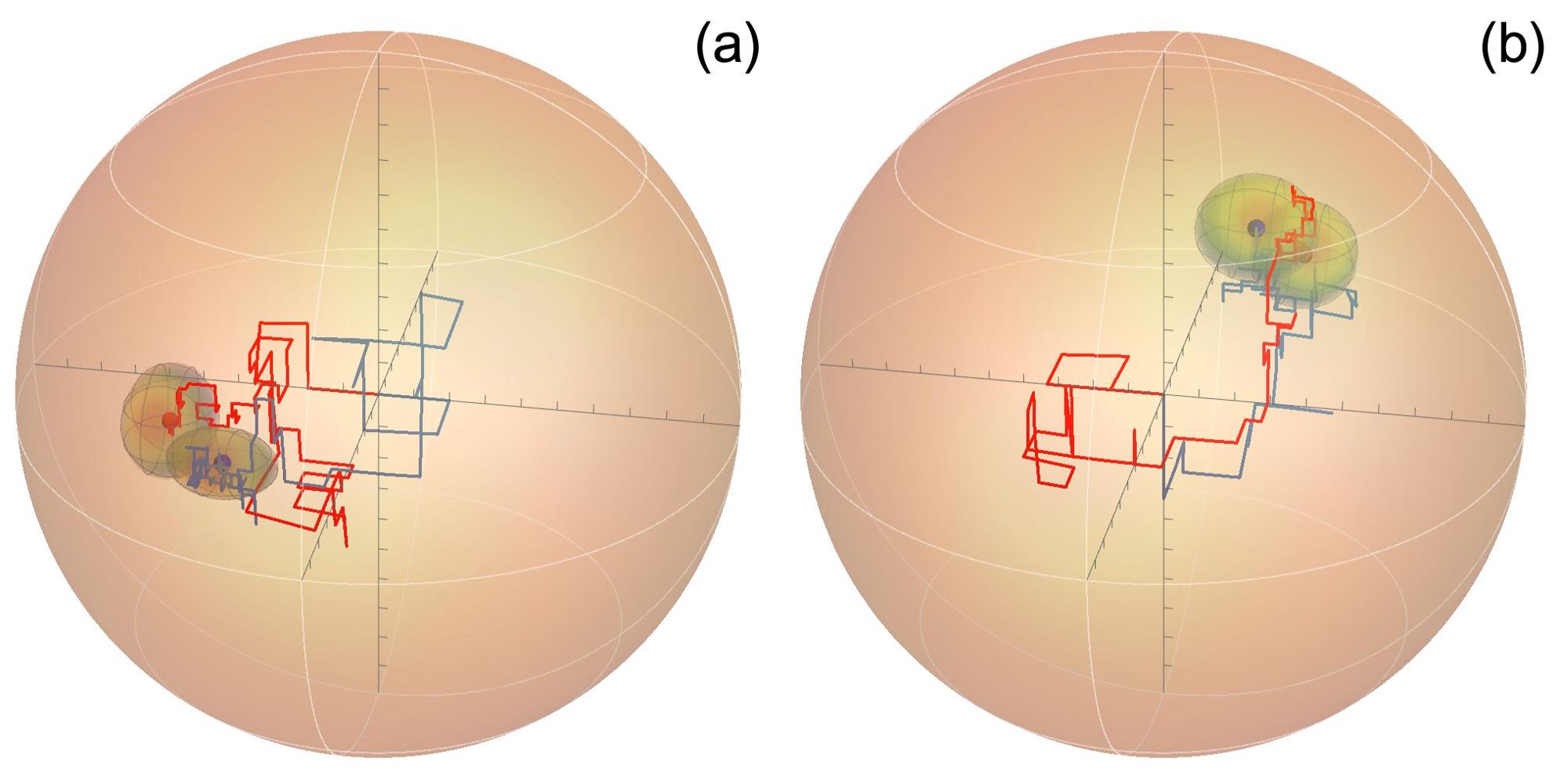
Quantum Bayesianism, often called QBism, is a fascinating interpretation of quantum mechanics that blends quantum theory with Bayesian probability. Unlike traditional interpretations, QBism suggests that quantum states represent an individual's personal belief about the outcomes of measurements, rather than objective reality. This perspective shifts the focus from the universe's inherent randomness to the observer's knowledge and predictions. Why does this matter? Because it challenges our understanding of reality, measurement, and information. QBism proposes that the act of measurement is a personal experience, making the observer an integral part of the quantum system. This unique approach has sparked debates and inspired new ways of thinking about the quantum world. Ready to dive into 30 intriguing facts about Quantum Bayesianism? Let's get started!
What is Quantum Bayesianism?
Quantum Bayesianism, often called QBism, is a fascinating interpretation of quantum mechanics. It combines quantum theory with Bayesian probability, offering a unique perspective on how we understand the quantum world.
- QBism stands for Quantum Bayesianism, a blend of quantum mechanics and Bayesian probability.
- It suggests that quantum states represent an individual's personal beliefs about the outcomes of measurements.
- Unlike other interpretations, QBism emphasizes the role of the observer in the quantum process.
- QBism was developed by physicists Carlton Caves, Christopher Fuchs, and Rüdiger Schack.
- It challenges the traditional view that quantum states are objective properties of physical systems.
The Role of the Observer
In QBism, the observer plays a crucial role. This perspective shifts how we think about measurements and outcomes in quantum mechanics.
- According to QBism, the observer's knowledge and beliefs are central to the interpretation of quantum states.
- Measurements are seen as personal experiences rather than objective events.
- The act of measurement updates the observer's beliefs about the system, similar to Bayesian updating.
- This interpretation aligns with the idea that reality is subjective and depends on the observer's perspective.
- QBism rejects the notion of a single, objective reality in favor of multiple, observer-dependent realities.
Probability and Quantum States
QBism redefines how we understand probability in the context of quantum mechanics. It offers a fresh take on the nature of quantum states and their probabilities.
- In QBism, probabilities are subjective and reflect the observer's degree of belief in different outcomes.
- Quantum states are not physical entities but tools for making predictions about measurements.
- The Born rule, a fundamental principle in quantum mechanics, is interpreted as a guideline for updating beliefs.
- This approach contrasts with the frequentist interpretation of probability, which views probabilities as long-run frequencies.
- QBism provides a more flexible framework for understanding quantum phenomena.
Historical Context and Development
The development of QBism has a rich history, influenced by various philosophical and scientific ideas. Understanding its origins helps appreciate its significance.
- QBism emerged in the late 20th century as a response to the limitations of traditional interpretations.
- It draws inspiration from the Bayesian interpretation of probability, which dates back to the 18th century.
- The Copenhagen interpretation, developed by Niels Bohr and Werner Heisenberg, also influenced QBism.
- QBism addresses some of the paradoxes and puzzles that have long troubled physicists, such as the measurement problem.
- It offers a coherent and consistent framework for interpreting quantum mechanics.
Implications and Applications
QBism has significant implications for both theoretical and practical aspects of quantum mechanics. It opens up new possibilities for research and application.
- QBism provides a fresh perspective on quantum computing and information theory.
- It has potential applications in quantum cryptography, where the observer's role is crucial.
- QBism can help resolve some of the interpretational issues in quantum mechanics, such as the EPR paradox.
- It offers a new way of thinking about quantum entanglement and non-locality.
- QBism encourages a more personalized approach to scientific inquiry, emphasizing the importance of individual perspectives.
Criticisms and Controversies
Like any scientific theory, QBism has its critics. Understanding the criticisms helps provide a balanced view of its strengths and weaknesses.
- Some physicists argue that QBism is too subjective and lacks objective grounding.
- Critics claim that it does not provide a clear explanation for the nature of quantum reality.
- There are concerns that QBism's emphasis on the observer undermines the universality of physical laws.
- Despite these criticisms, QBism has gained a significant following and continues to be a topic of active research.
- The ongoing debate about QBism highlights the dynamic and evolving nature of scientific inquiry.
Quantum Bayesianism: A Fresh Perspective
Quantum Bayesianism, or QBism, offers a unique way to understand quantum mechanics. It shifts the focus from objective reality to the observer's perspective, making quantum theory more personal and subjective. This approach challenges traditional views, suggesting that quantum states represent an individual's beliefs rather than an absolute truth.
By emphasizing the role of the observer, QBism aligns quantum mechanics with Bayesian probability, where probabilities reflect personal beliefs updated by new information. This perspective can simplify complex quantum phenomena, making them more accessible.
While QBism isn't without controversy, it provides a fresh lens to view quantum mechanics. It encourages us to rethink our assumptions and consider the importance of the observer in shaping reality. Whether you're a seasoned physicist or just curious about quantum theory, QBism offers intriguing insights that challenge conventional wisdom and open new avenues for exploration.
Was this page helpful?
Our commitment to delivering trustworthy and engaging content is at the heart of what we do. Each fact on our site is contributed by real users like you, bringing a wealth of diverse insights and information. To ensure the highest standards of accuracy and reliability, our dedicated editors meticulously review each submission. This process guarantees that the facts we share are not only fascinating but also credible. Trust in our commitment to quality and authenticity as you explore and learn with us.
